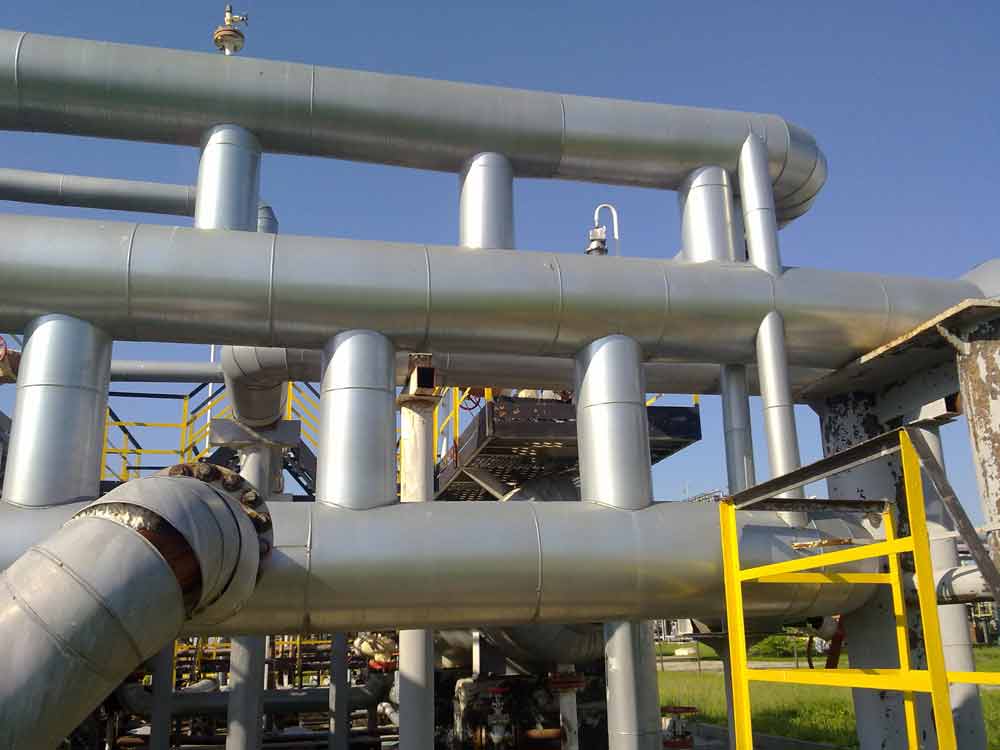
France-based TotalEnergies has announced that it has purchased a minority share in Continue reading TotalEnergies buys into Morocco/UK power project

France-based TotalEnergies has announced that it has purchased a minority share in Continue reading TotalEnergies buys into Morocco/UK power project

The latest set of purchasing managers’ indices (PMIs) have been published by UK S&P Global and CIPS Manufacturing, with them beating Continue reading UK shows better than expected economic data

France-based TotalEnergies has taken advantage of the SOLUTRANS trade show for industrial and urban transportation to launch a new service that will Continue reading TotalEnergies to offer in-depot truck-charging service

ExxonMobil has already begun work on producing lithium in the southwest region of Arkansas with the aim of become a leading supplier of the metal, which is vital to Continue reading ExxonMobil looks to become major lithium player

The Malaysian state-owned energy company Petronas has discovered oil within the Roystonea-1 well while exploring Block 52 offshore of Suriname. Continue reading Petronas discovers oil offshore of Suriname

If you need information on industrial lubricants and their use, look no further. In this in-depth article, we put these built-for purpose products under the microscope explaining what industrial lubricants are and the ways they are deployed. We’ll look at the types of lubricants included in this category and the advantages they offer. We’ll also examine the operating environments they are used in along with best lubrication practices. Understanding the difference between manual and automatic lubrication will also be covered and guidance on how to pick the right industrial lubricant for an application.
Any operation involving mechanical equipment relies on lubricants. Correct lubrication can ensure that the moving parts of machinery move smoothly and freely while reducing friction and heat production to prevent wear and tear. Lubricants also protect machinery from corrosive forces and contaminants and keep them clean extending the lifespan of equipment. The difference between industrial lubricants and more conventional products is the way that they are designed to cope with more extreme conditions and operating environments.
Whether they are greases, oils, fluids or pastes, industrial lubricants might be formulated to help them perform at a wider range of temperatures from extreme cold to intense heat or under incredible pressures and work rates. They are also often enhanced with additives to help lubricants remain effective in harsh environments and to protect the active service life of equipment.
Industrial applications involve the most competitive markets and the most demanding environments for lubricants and as a result, products that can last longer and cope with extreme conditions are in growing demand. Statistics from a recent study suggest that by 2027, the global lubricants market will likely be worth approximately £155 billion.
Using industrial lubrication has substantial advantage for companies. These include reduced mechanical downtime, friction, and wear, but also lower maintenance costs and extended equipment lifespan thanks to enhanced heat dissipation and protection against oxidation and corrosion. Safer working conditions and equipment use are also aided by industrial lubrication. As machinery served by industrial lubrication operates more effectively, it not only improves productivity through optimisation, but also promotes sustainability.
Industrial lubricants are used in a wide range of application and industries. The energy industry uses them to protect and keep hydraulic systems, generator bearings and turbine blades running smoothly. In the automotive sector they aid under the bonnet applications and optimise engine performance and in the marine industry they serve compressors, turbines, and gear systems. In extremely demanding applications where safety is a vital concern, like the aerospace sector, industrial lubrication makes sure flying controls and landing gear remain dependable. These are just some of the areas where industrial lubricants are used, the mining, farming, medical and textiles industry are among some of the other application, but any sector where machinery is used can employ these specialist solutions.
A diverse selection of industrial lubricants has been developed to serve specific applications and equipment. Bearing oil can be found employed in wide range of industries while engine, hydraulic and gear oils are employed in both the automotive sector and in some stationary equipment. Specialist solutions include chain and cable oils which improve performance and compressor oils used in refrigeration systems. Heat transfer oils are used to cool systems, while heat-proof grease can protect against oxidation and corrosion.
There are two main ways to apply industrial lubricants, automatically or manually. Some operations use a technician to add lubricant as and when required while others use machines to perform this task automatically. Experts believe that automatic lubrication is more efficient and consistent. The benefits include reduced mechanical downtime and less waste lubricant.
It is vital that you never over or under lubricate equipment when using industrial lubricants. Determine the correct amount of lubricant required and apply it. Regular monitoring and testing of the lubricant in use will help you work out when changes are required to your lubrication plan. Ensure all industrial lubricants used are stored and handled safely and labelled to avoid issues of cross contamination. All staff members involved in lubrication practices must be fully trained.
When ordering industrial lubricants for your operation always select the correct product for each type of machinery or risk harm to your equipment and a negative impact on your operation. Adhere to your original equipment manufacturers (OEMs) recommendation but also ensure you choose a lubricant which matches your operating environment and answers specific industry standards for your sector. If unsure, you can also look to expert lubrication distributors for advice on using the latest industrial lubricants available.

Wael Sawan, the chief executive officer of UK-based oil major Shell, has reinforced his company’s commitment to becoming a net-zero business by 2050, but says that the way it will get there has changed.
Sawan took over from former CEO Ben van Beurden at the start of this year. Since then, he has steered the company’s investment back towards the traditional oil and gas business, something that many oil majors have done since Russia’s invasion of Ukraine exposed major weaknesses in the global energy market.
Through a video link to the Energy Intelligence Forum that recently took place in London, Sawan explained why he had decided to divest some of the company’s low-carbon assets
“For avoidance of doubt, what hasn’t changed is the destination that we have set for ourselves. What has changed is the pathway we’re going to get there…we’ve had to make some tough choices [that influence] which renewable projects we will pursue and which we will not.”
He also said that shareholders seem to approve of the new strategy and the balance the company has struck, with the feedback being extremely positive. He did concede, however, that the shift in priorities had raised questions within the company, especially among those most affected by it.
Nevertheless, Shell remains a player in a sustainable future, and here at TrAchem, we can offer Shell’s range of carbon neutral lubricants, such as the Shell Naturelle range of biodegradable lubricants. Contact our helpful team to learn more.

Norsk Hydro ASA (Hydro) has agreed with Shell Energy UK to buy 56 GWh of renewably generated electricity and 144 GWh of natural gas to help it decarbonise its UK operations. Continue reading Shell to supply energy to Hydro

Following formal approval from the G+ Annual General Meeting, France-based TotalEnergies has become the latest G+ group board member, which is the offshore wind industry’s global organisation for health and safety. Continue reading TotalEnergies joins G+ wind safety group

Bloomberg has reported seeing an internal company memo declaring that ExxonMobil is lobbying the US Government for Continue reading ExxonMobil lobbies for blue hydrogen tax credits